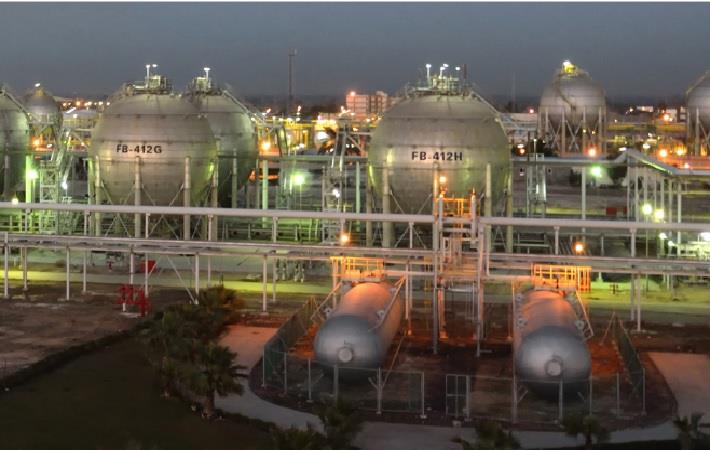
Honeywell will also provide the process design package, proprietary and non-proprietary equipment, on-site operator training, technical services for startup and continuing operation, and catalysts and adsorbents for the project.
When completed, the SIDPEC unit will be the first Oleflex unit operating in Egypt.
“This plant will allow SIDPEC to expand its portfolio and take advantage of domestically produced propane to make products such as polypropylene,” said John Gugel, president of Honeywell UOP. “The Oleflex technology converts propane into high-quality propylene, which is rising in demand, particularly in growing economies.”
According to IHS Markit, annual demand for polypropylene in Africa was 1.9 million metric tons in 2016. But due to rapid population growth and urbanisation, this demand is expected to rise by an additional 1 million metric tons in the next decade. Egypt is the top consumer of polypropylene in Africa, consuming about 4.4 kg per capita, and demand there is projected to grow by more than 5 per cent annually through 2022.
Honeywell UOP’s C3 Oleflex technology uses catalytic dehydrogenation to convert propane to propylene and is designed to have a lower cash cost of production and higher return on investment among competing technologies. Its low energy consumption, low emissions and fully recyclable, platinum-alumina-based catalyst system minimises its impact on the environment. The independent reaction and regeneration sections enable steady-state operations, improved operating flexibility, and a high on-stream factor and reliability.
SIDPEC is a joint stock company established in 1997 and represents Egypt’s initial development of a domestic petrochemicals industry. The company’s production assets are based on the latest available technologies and designs to ensure competitiveness and compliance with Egyptian environmental regulations. (RKS)
Fibre2Fashion News Desk – India